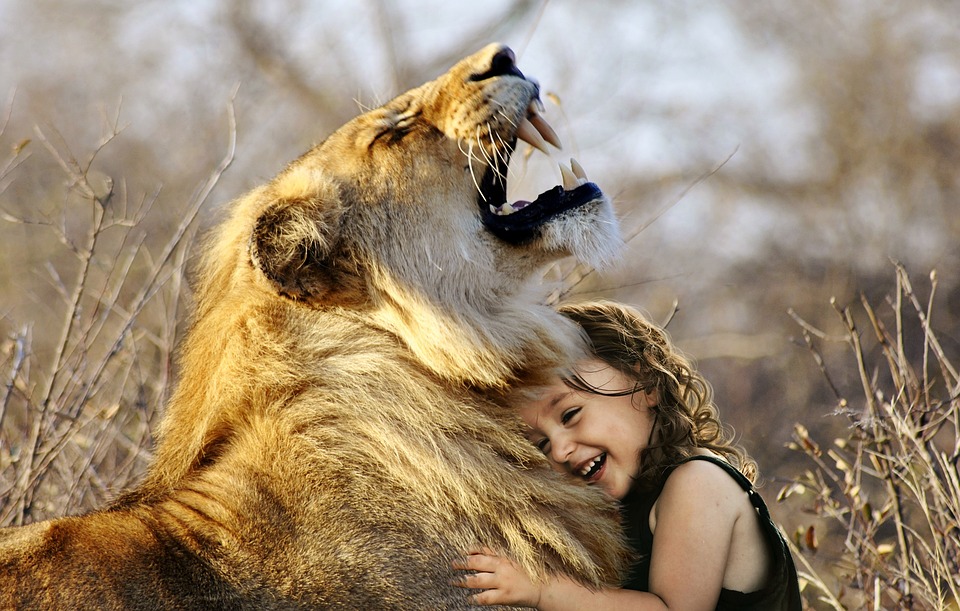Introduction:
As responsible pet owners, it is crucial to understand the significance of preventative care, even for indoor cats. Vaccinating your feline companion plays a vital role in maintaining their overall health and protecting them from potentially life-threatening diseases. In this article, we will delve into the benefits of vaccinating your indoor cat, shedding light on the importance of preventative care to ensure your furry friend lives a long, healthy, and happy life.
I. Understanding the Need for Vaccinations:
A. What are vaccines, and how do they work?
Vaccines are biological substances that stimulate the immune system to produce antibodies, providing immunity against specific diseases. They contain modified or inactivated viruses, bacteria, or other pathogens that trigger an immune response without causing illness. When administered, vaccines prepare the immune system to recognize and fight off the actual disease if the cat is ever exposed to it.
B. Why are vaccines essential for indoor cats?
Even though indoor cats are less exposed to certain diseases than outdoor cats, they can still be at risk. Cats can escape outdoors or encounter other animals that may carry diseases. Additionally, humans can unknowingly bring diseases into the home on their clothes or shoes. Vaccinating indoor cats helps protect them from potential infections and ensures their immune system is prepared to fight off any threats.
C. What diseases can indoor cats be exposed to?
Indoor cats can still be exposed to diseases such as feline panleukopenia (FPV), feline viral rhinotracheitis (FVR), feline calicivirus (FCV), rabies, and feline leukemia virus (FeLV). These diseases can be transmitted through contact with other infected animals, contaminated objects, or even through the air.
II. Protecting Against Common Cat Diseases:
A. Feline Panleukopenia (FPV)
FPV, also known as feline distemper, is a highly contagious and potentially fatal viral disease. It can be spread through contact with bodily fluids or contaminated objects. Vaccination against FPV is crucial as the virus can survive in the environment for an extended period, making it easy to transmit.
B. Feline Viral Rhinotracheitis (FVR)
FVR is a respiratory infection caused by the feline herpesvirus. It is highly contagious and can cause severe symptoms such as sneezing, coughing, nasal discharge, and eye problems. Vaccination helps protect cats from contracting and spreading this disease.
C. Feline Calicivirus (FCV)
FCV is another common respiratory infection that can cause ulcers in the mouth, fever, and lameness. Vaccinating against FCV helps reduce the severity of symptoms and prevents the spread of the virus.
D. Rabies
Rabies is a deadly disease that affects the central nervous system in mammals, including cats. It is usually transmitted through the bite of an infected animal. Vaccinating against rabies is not only essential for the cat’s health but also required by law in many regions.
E. Feline Leukemia Virus (FeLV)
FeLV is a contagious virus that weakens the cat’s immune system, making them susceptible to various infections and cancers. Indoor cats can still be exposed to FeLV if they come into contact with infected cats or through shared food and water bowls. Vaccination helps prevent the spread of FeLV and protects cats from potential complications.
III. The Benefits of Cat Vaccinations:
A. Prevention of severe illnesses
Vaccinating your indoor cat reduces their risk of contracting serious and potentially life-threatening diseases. Vaccines stimulate the immune system to produce antibodies that can fight off specific pathogens, providing protection against infections.
B. Reducing the risk of disease transmission to other pets
Indoor cats that are not vaccinated can still transmit diseases to other pets in the household, including other cats, dogs, or small animals. Vaccinating your cat minimizes the risk of disease transmission within your pet community.
C. Cost-effective in the long run
The cost of treating preventable diseases can be significant. By investing in vaccinations, you can potentially save on costly medical treatments and ensure your cat’s long-term health and well-being.
D. Mitigating zoonotic disease transmission
Some diseases that affect cats can also be transmitted to humans, known as zoonotic diseases. Vaccinating your cat not only protects them but also reduces the risk of transmission to family members.
IV. Addressing Common Concerns and FAQs:
A. Can indoor cats get sick?
Yes, indoor cats can still get sick. They can be exposed to diseases through contact with other animals, contaminated objects, or even transmitted by humans.
B. Are vaccinations necessary if my cat never goes outside?
Yes, vaccinations are still necessary for indoor cats. They can still be exposed to diseases through various means, and vaccines help prepare their immune system to fight off potential infections.
C. Can vaccines cause adverse reactions in cats?
Like any medical intervention, vaccines can have side effects. However, severe adverse reactions are rare. Most cats experience minimal side effects such as slight fever or lethargy, which resolve on their own.
D. How often should indoor cats be vaccinated?
The frequency of vaccinations depends on various factors, including the cat’s age, lifestyle, and regional disease prevalence. Consult with your veterinarian to determine the appropriate vaccination schedule for your indoor cat.
E. What are the potential side effects of cat vaccinations?
Common side effects of vaccinations include mild fever, lethargy, and soreness at the injection site. Severe adverse reactions are rare but can include allergic reactions or anaphylaxis. Your veterinarian can provide more information about potential side effects and how to manage them.
Conclusion:
Vaccinating your indoor cat is a crucial step in ensuring their well-being and safeguarding against preventable diseases. By keeping up with a regular vaccination schedule, you not only protect your feline friend from potential health risks but also contribute to the overall community’s welfare by preventing the spread of infectious diseases. Consult with your veterinarian to determine the appropriate vaccines and vaccination schedule for your indoor cat, and rest easy knowing you have taken important steps to keeping your beloved companion safe and healthy.








